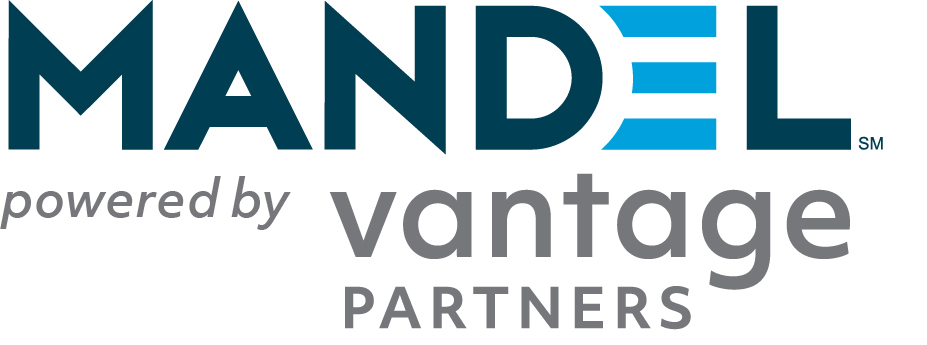I’m going to say something controversial.
I’m a millennial (that’s not supposed to be the controversial part).
I’m painfully aware of the negative stereotypes that persist about my peer group: entitled, lazy, needy, technology-dependent, impatient, or even anti-social.
Now, the controversial part?
I use these generational stereotypes to my advantage at work—and you should too.
Low expectations? Exceed them
Because expectations for millennials can be so low, we have an incredible opportunity to exceed them.
Do it early and do it often.
Thought leaders (and maybe—just maybe—some of our peers) have done the work of under-promising. Now, it’s our turn to over-deliver.
That doesn’t mean it will be easy. Even though YOU know you’re not a stereotype, you need to be able to present yourself and communicate in a way that proves your worth.
Want people to take you seriously? Want people to get on board with your ideas?
Millennials must strive in all of our interactions to be easily understood, to be valuable to others, and to convey our trustworthiness.
As important as focusing on technical skills is, or on what needs to happen to positively impact your KPIs, the truth is you’d be better served focusing on your communication skills.
This is what will really make you stand out and get ahead in your career. Here’s why. . .
Communication skills build a foundation for success.
I’m a big advocate of transferable skills. A focus on building transferable skills will help you continue to make the career moves necessary to create the work life you want.
My decision to come to Mandel was an incredible opportunity for me to gain highly transferable skills. And my direct sales role gives me plenty of opportunities to apply and hone those new communication skills.
Whatever career path you choose to take, the ability to communicate well is a lifelong skill.
But what does it really mean to communicate well?
I can tell you what it’s not. It’s not simply about whether you can prove your knowledge to someone else or give them the information they requested.
That’s a lesson I learned the hard way. . . .
Prove your worth by leaving your ego at the door.
I’ll admit, some may be turned off by my intensity. I strive for perfection on the job.
This can result in late nights going over every detail of a project, re-reading every client email several times before sending it, and some sleepless nights spent anxiously awaiting the next day’s BIG event.
This intensity doesn’t always serve me – and one time, it really backfired.
A few years out of college, I’d landed my first major promotion as an outside B2B account manager. I was excited and determined to prove my company had made the right decision to promote from within instead of hiring an outsider with many more years of experience.
I did it. I landed my first HUGE meeting with an ideal prospect. Ever the perfectionist, I learned everything I possibly could about this person, their industry, their company, its culture, and its performance. I researched until I felt confident I could convince them of why they needed to partner with my organization.
And then I made a fatal error — I set out to prove to them just how much work I’d put in. I wanted to be sure they didn’t think I was just “another millennial” walking into their office lacking credibility and respect.
In hindsight, the meeting was a disaster. It’s a bit of a blur, but I talked a lot, made a mountain of assumptions, and didn’t ask very many questions.
While I had prepared and looked the part — I fell flat on my face when it came to managing the meeting effectively.
I didn’t bring value or earn the trust of my prospect.
I was so eager to prove that I was knowledgeable enough to be in that meeting, that I neglected to make my prospect feel heard and understood.
I lacked the curiosity (and the skills) in that moment to discover what he was really grappling with. And I missed an opportunity to prove myself worthy of being the trusted advisor he was seeking.
Today, when I think back on some of the mistakes I made early on, I can’t help but wonder how much better things might have gone had I been introduced to training like Mandel’s or a communication framework like SCI-PAB® at the very beginning of my career.
With the right training, how much sooner might I have been able to harness my perfectionist tendencies and positive millennial traits for the good of my clients and my career?
Make already positive millennial traits even better.
For all of the negative stereotypes that persist, a recent survey from Deloitte shows millennials possess uniquely positive traits:
- Optimism
Businesses need our optimism. Companies need our passion for new ideas and desire to see things work better. But to make things work better, we have to be able to clearly and succinctly explain our ideas and get others to buy into them. - Perception of Business as Force for Positive Change
Millennials see business as a potential force for making positive change. But to make the change we want to see, we have to persuade others to come along with us. - Accountability
Millennials feel accountable for issues at work and in the world. And at work is where we feel we can have the most impact. But to do that, we have to be able to communicate our ideas, convince others to buy into them, and then lead others to make them a reality. - Preference for Plain Talk and Inclusiveness
Our generation is one huge step ahead of the business-speak or consulting-speak that became endemic among businesses. Hone those skills. Make your natural inclination toward clarity, brevity, authenticity, and empathy even stronger.
I believe that these traits, together with the right training, will make millennials a force to be reckoned with—a generation whose influence will result in positive change and progress in the world for decades to come.
Become a great communicator and do great things.
The thing I love most about my generation is that we’re always pushing the boundaries to make our world—and work—a better place.
We can only achieve this with excellence if we focus on improving the way in which we share our ideas, to drive the change we want to see and to help others share that vision.
The negative stereotypes we face as millennials can be our competitive advantage. The first step toward making this happen is to become the best communicator you can be.
Learn More
What’s the key to unlocking the effectiveness of millennials in the workplace? Download the article to find out.
Want to build your team’s communication skills so that they can make a bigger impact in the workplace? Are you a millennial who believes that more effective communication can help make the world—and your workplace—better for all? Check out Mandel’s Communication Training & Coaching for high-performance organizations.







